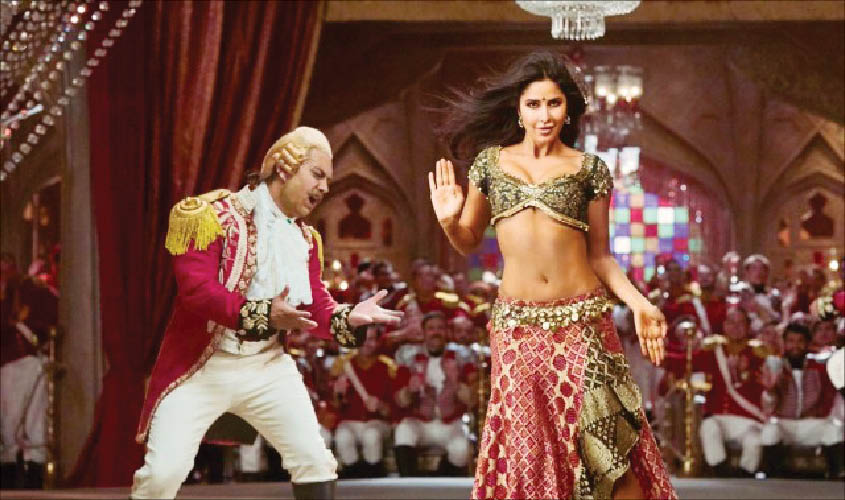Vijay Krishna Acharya’s Thugs of Hindostan begins with the story of a powerful Indian ruler who is forced to surrender after his young son, the heir to the throne, is kidnapped by the British East India Company under the command of a ruthless officer named Clive. The year is 1795. Just like this Clive has little to do with the real Lord Clive aka Clive of India who had established the military and political supremacy of the East India Company in Bengal, the Thugs we see in the movie have little in common with actual Thugs whose exploits are well documented in history. In other words, Thugs of Hindostan is one of those films which prove to be a historian’s nightmare. Anyone who wants to approach it should ideally be willing to forget about history, suspend disbelief, and see it merely as a swashbuckling adventure bordering on fantasy à la Pirates of the Caribbean.
Now, Thugs of Hindostan doesn’t waste much time in setting up the world and its characters, not that there are many to begin with. On one hand we have the opportunistic and duplicitous Firangi, played by Aamir Khan, and on the other we have Khudabaksh, essayed by Amitabh Bachchan, the commander of Thugs determined to bring down the British rule. Then we have Zafira, a warrior princess in exile under the protection of Khudabaksh, played by Fatima Sana Shaikh. Then of course we have Clive, played by Lloyd Owen, and Suraiyya, a courtesan played by Katrina Kaif. Also, there are a handful of supporting characters, mostly inconsequential. That’s one major area where the movies lack in comparison to television/web series. The secondary characters have very little scope. Despite a running time of close to three hours, Thugs of Hindostan mostly focuses on Firangi, Khudabaksh, Clive, and Zafira. Even Katrina’s role is a minor one and may best be described as a cameo appearance.
The story of Thugs of Hindostan and its characters seem to be borrowed from a lot of sources. While the most obvious source is the Pirates of the Caribbean series, some other influences include the Baahubali saga and the Lord of the Rings trilogy. The character of Khudabaksh seems closely inspired by Gandalf the Grey.
Also, the character of Firangi is obviously based on Jack Sparrow. But how Amitabh Bachchan and Aamir Khan play Khudabaksh and Firangi, respectively, is what makes Thugs of Hindostan tick. It is certainly commendable how both of them succeed in bringing an element of vulnerability to their larger-than-life characters.
Thugs of Hindostan is occasionally marred by lazy writing and uninspired direction. It is as its best in the scenes which succeed in capturing the right feelings and emotions. The film’s visceral influence can best be felt in the decisive sequence wherein a major character makes a big sacrifice. Moments like this one can really define a film. Thugs of Hindostan takes giant leaps in action choreography as far as Hindi cinema is concerned. But the film’s CGI & VFX is a major let down which severely hampers the viewing experience. That’s precisely where the Baahubali saga beats all other Indian films hands down.

